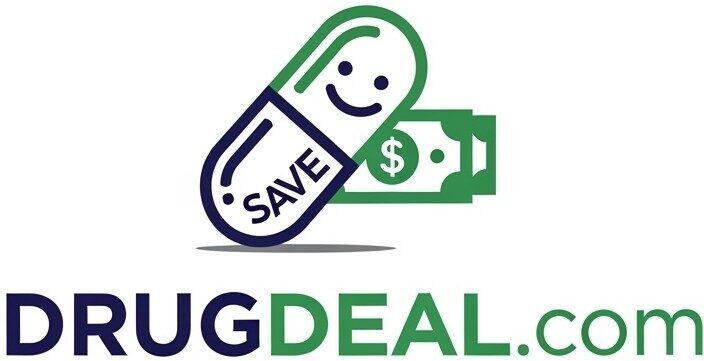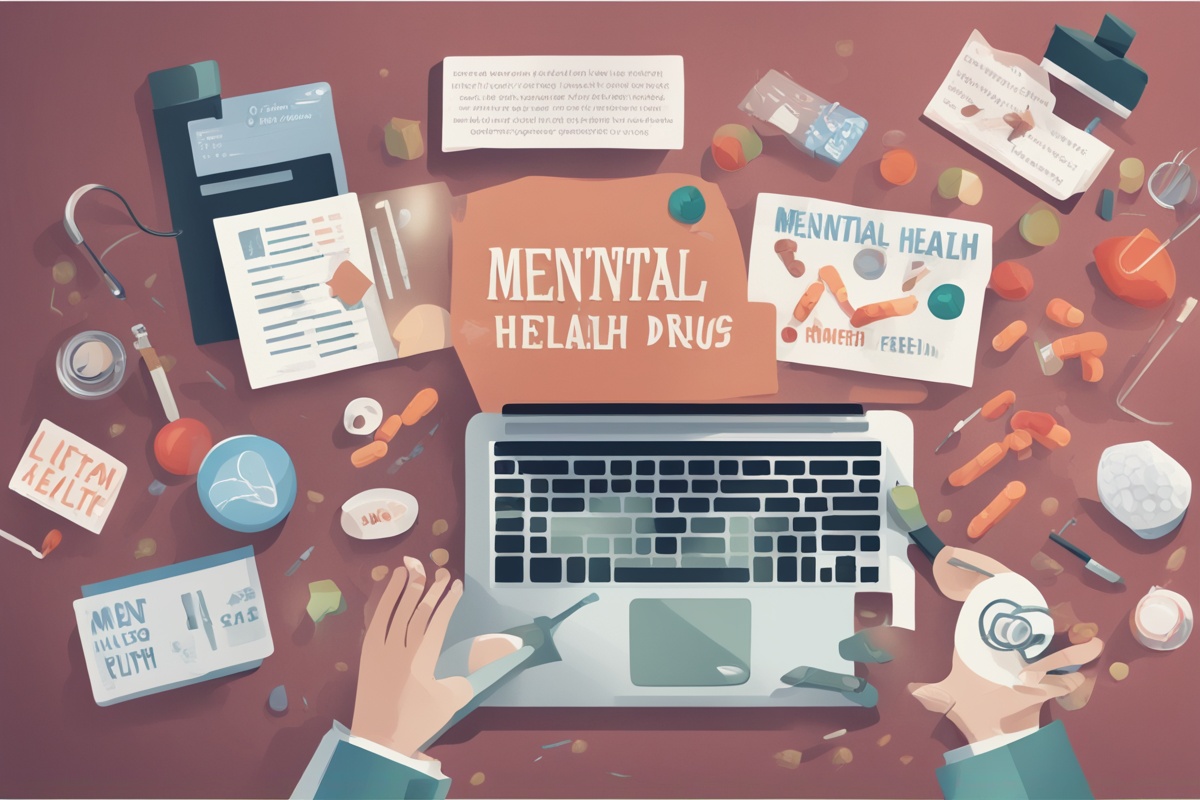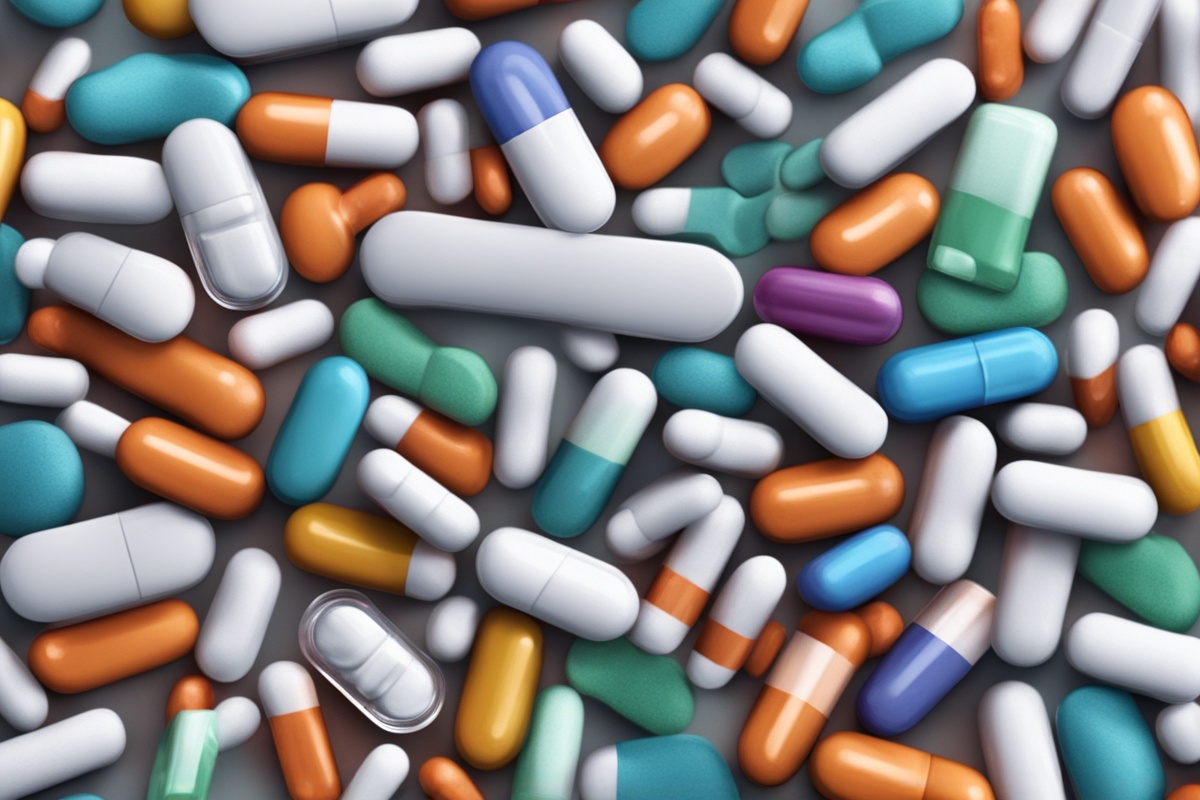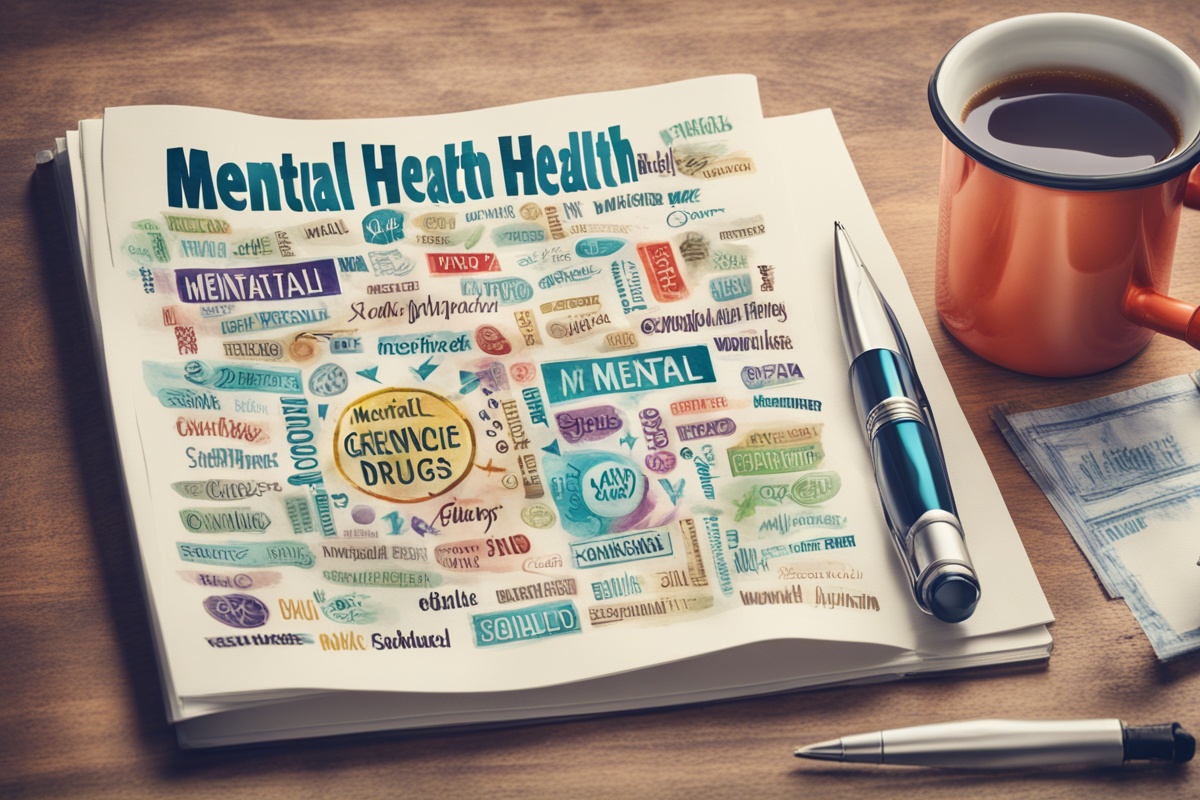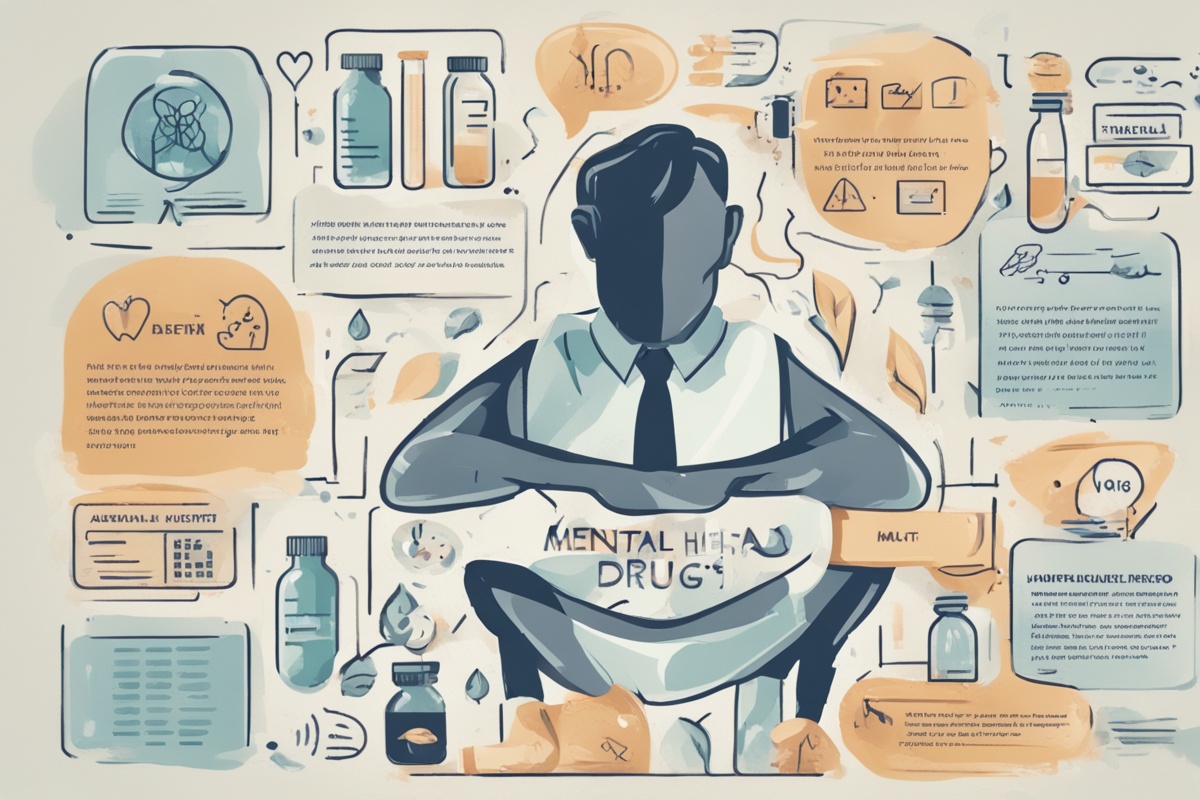Navigating mental health challenges can feel like walking a tightrope—balancing emotions, finances, and access to care all at once. If you’ve ever found yourself Googling solutions late at night, wondering how to manage anxiety or depression without breaking the bank, you’re not alone. One lifeline that often gets overlooked is the role of affordable generic drugs in mental health support. These medications can be a game-changer, offering a cost-effective way to manage symptoms when therapy or other resources seem out of reach. But how do they fit into the bigger picture of mental wellness? And are they really as effective as their brand-name counterparts? Let’s dive deep into this topic, exploring the ins and outs of using generic drugs as part of a broader mental health strategy.
What Are Generic Drugs, and Why Do They Matter for Mental Health?
Generic drugs are essentially the underdog heroes of the pharmaceutical world. They’re identical to brand-name medications in terms of active ingredients, dosage, and intended use, but they come without the hefty price tag. Why? Because once a brand-name drug’s patent expires, other manufacturers can produce it without the massive R&D costs. For someone managing a mental health condition like depression or bipolar disorder, this can mean the difference between getting treatment and going without.
Imagine you’re a single parent, juggling work and kids, while grappling with crippling anxiety. Therapy might be ideal, but sessions cost $100 or more out of pocket. A generic version of a common antidepressant like sertraline (the generic for Zoloft) could cost as little as $10 a month at many pharmacies. That’s not just a number—it’s breathing room. It’s a chance to stabilize while you figure out the next steps. According to the FDA, generics are just as safe and effective as brand-name drugs, yet they save consumers billions annually. So why wouldn’t you consider them?
The Cost Barrier in Mental Health Care: A Real-World Struggle
Let’s talk dollars and cents. Mental health care isn’t cheap, and for many, it’s a luxury they can’t afford. A 2022 report from the National Alliance on Mental Illness (NAMI) found that nearly 1 in 5 Americans with mental illness couldn’t access treatment due to cost. Therapy, psychiatrist visits, and brand-name medications can drain savings faster than you can say “copay.” I’ve seen this firsthand with a close friend who battled postpartum depression. She wanted to start on a well-known antidepressant, but the brand-name version was over $200 a month without insurance. Switching to a generic dropped that to under $20. It wasn’t a cure-all, but it gave her the stability to seek counseling through a low-cost community program.
Generic drugs for mental health support aren’t just about affordability—they’re about access. They break down barriers for folks who might otherwise ration pills or skip doses to stretch a prescription. But let’s not sugarcoat it: cost isn’t the only factor. Stigma, lack of education, and systemic issues like long waitlists for mental health providers still loom large. Generics are a tool, not a magic wand.
Are Generic Drugs as Effective for Mental Health Conditions?
Here’s where the rubber meets the road: do generics really work as well as brand-name drugs for conditions like anxiety, depression, or schizophrenia? The short answer is yes, in most cases. The FDA requires generics to be “bioequivalent” to their brand-name counterparts, meaning they deliver the same amount of active ingredient into the bloodstream over the same time frame. Studies, like those from the American Psychiatric Association, back this up, showing no significant difference in outcomes for most patients switching to generics for mental health support.
That said, it’s not a one-size-fits-all deal. Some people report differences in side effects or how quickly a generic works, often due to inactive ingredients (like fillers or dyes) that vary between manufacturers. I recall a forum post from someone who switched to generic fluoxetine (Prozac) and felt it took longer to “kick in.” Was it a placebo effect? Maybe. But these anecdotes remind us that individual responses matter. If you’re considering a switch, talk to your doctor or pharmacist. They can help monitor any changes and adjust as needed. Isn’t peace of mind worth that extra conversation?
Navigating the Stigma of Medication in Mental Health
Let’s be real—there’s still a cloud of stigma around taking medication for mental health, whether it’s generic or brand-name. Some folks feel like popping a pill means they’ve “failed” at coping. Others worry about dependency or judgment from loved ones. I get it. Years ago, I hesitated to start medication for my own anxiety, wondering if I just needed to “tough it out.” But here’s the thing: mental health isn’t a solo battle. Medication, especially affordable generic drugs, can be a bridge to better days, not a crutch.
Think of it like wearing glasses. If your vision is blurry, you don’t feel ashamed to get lenses—you just do it to see clearly. Generic drugs for mental health support work the same way. They can correct chemical imbalances while you build coping skills through therapy or lifestyle changes. And with generics being so affordable, they democratize access to this kind of help. The key is to pair them with other resources, like support groups or mindfulness practices, for a holistic approach. Why settle for half-measures when you can tackle mental health from all angles?
How to Access Affordable Generic Drugs for Mental Health Support
So, you’re sold on the idea of generics, but where do you start? First, have an open chat with your healthcare provider. Be upfront about budget concerns—they might prescribe a generic from the get-go or switch you from a brand-name med. Many doctors are clued into programs like GoodRx or NeedyMeds, which offer discounts or coupons for generics at local pharmacies. I’ve used GoodRx myself for a family member’s prescription, shaving off nearly 50% of the cost at a big-box store like Walmart.
Another tip? Check if your state or county offers mental health assistance programs. Some provide free or low-cost medications for uninsured or low-income individuals. Community health clinics are goldmines for this kind of support. And don’t sleep on online pharmacies—just double-check they’re legit through resources like the National Association of Boards of Pharmacy. Lastly, ask about 90-day supplies. Buying in bulk often lowers the per-dose cost, giving your wallet a breather. With a little legwork, affordable generic drugs for mental health support are within reach. Isn’t that a relief?
Balancing Medication with Other Mental Health Strategies
Here’s a hard truth: pills alone won’t “fix” mental health. Affordable generic drugs are a powerful tool, but they’re most effective when paired with other strategies. Therapy, even if it’s just a few sessions through a sliding-scale clinic, can help unpack underlying issues. Lifestyle tweaks—like regular exercise, a balanced diet, or cutting back on caffeine—can boost mood over time. I’ve found that a simple 20-minute walk each morning does wonders for clearing my head, especially on days when anxiety creeps in.
Support networks matter too. Whether it’s a trusted friend, a family member, or an online community, having people to lean on can amplify the benefits of medication. And let’s not forget self-care. Journaling, meditation, or even a hobby like gardening (more on that in a sec) can ground you. The point is, generics give you a financial and emotional buffer to explore these options without feeling like you’re drowning in debt. So, why not build a toolkit that works for you?
References
- University of Maryland Extension – Mental Health Benefits of Gardening
- Missouri Botanical Garden – Wellness Through Gardening
- University of Minnesota Extension – Gardening for Mental Health
- New York Botanical Garden – Therapeutic Benefits of Gardening
- Penn State Extension – The Healing Power of Gardening
Disclaimer: This article is for informational purposes only, based on general research and personal experience—it’s not a substitute for professional advice. Mental health conditions and treatments are deeply personal, and what works for one person may not work for another. Always consult a qualified healthcare provider, such as a psychiatrist, therapist, or primary care doctor, for personalized guidance on medication, therapy, or other mental health strategies. Additionally, while gardening and other lifestyle tips are discussed as complementary approaches, they should not replace medical treatment. If you’re in crisis, reach out to a crisis hotline or emergency services immediately. Your well-being is the top priority, and seeking tailored support is always the best path forward.
This content is for informational purposes only and not a substitute for professional advice.
